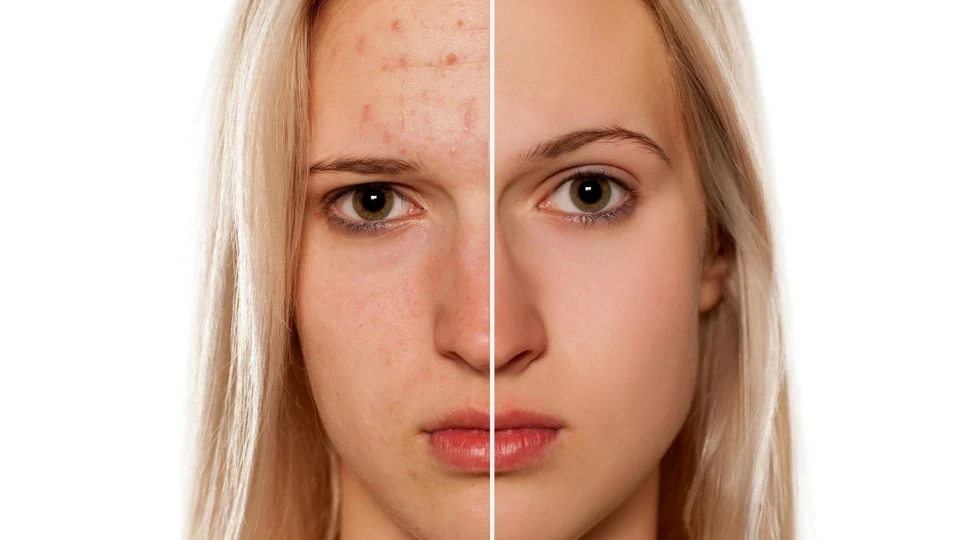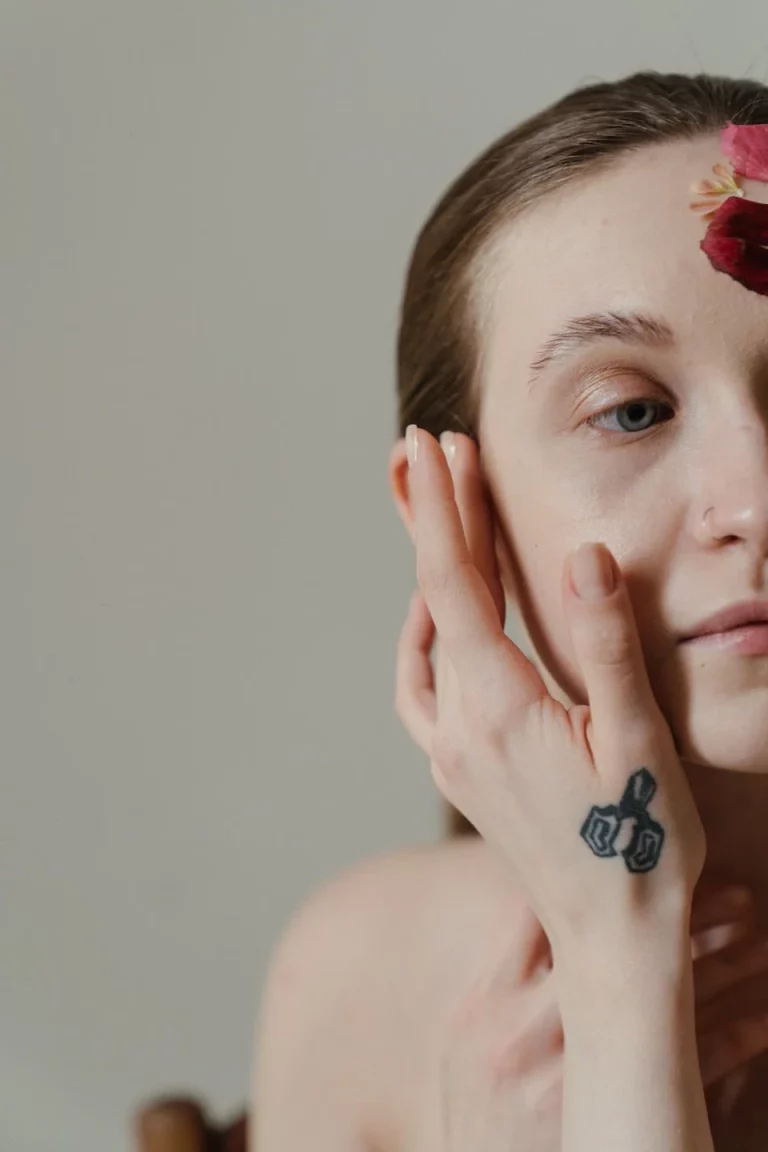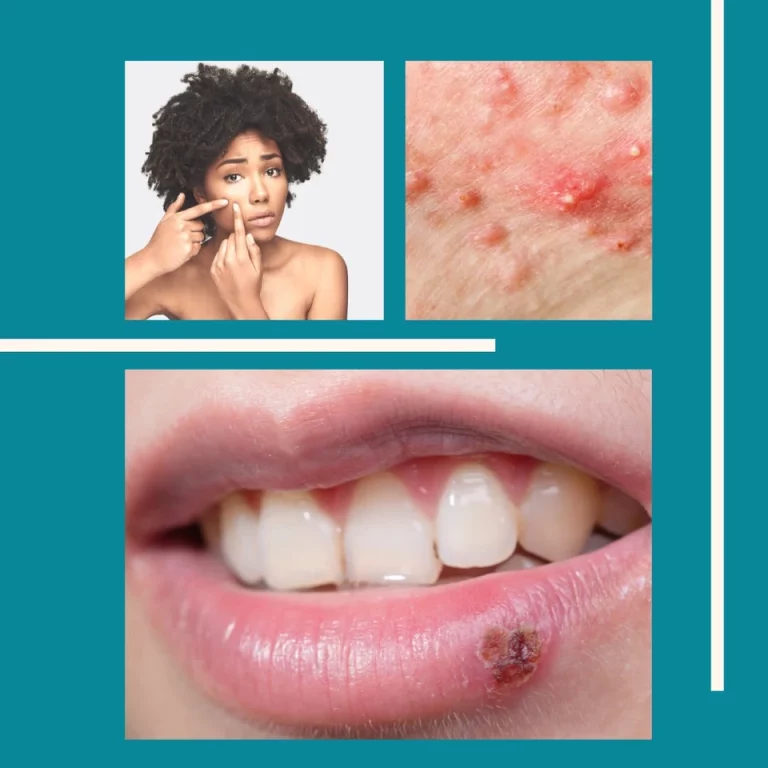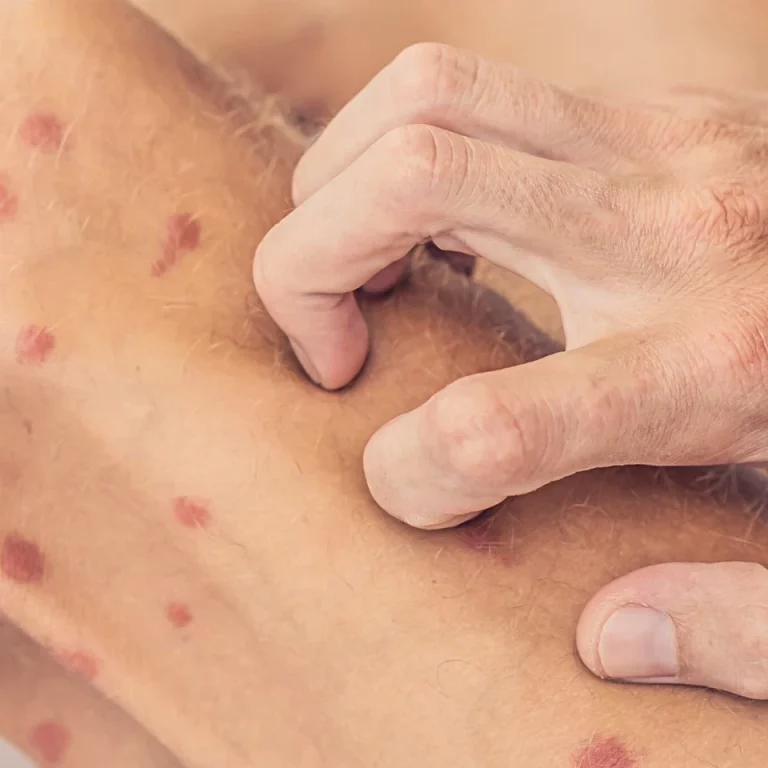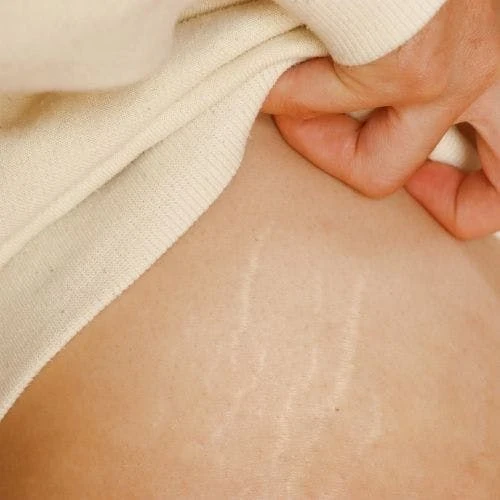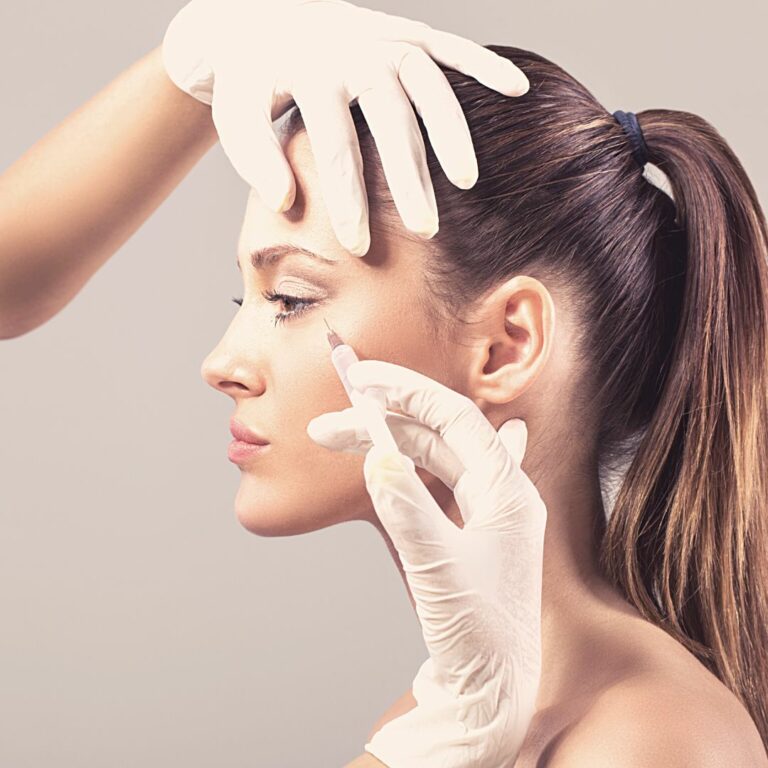What Is Hormonal Acne? Everything You Need to Know
Acne is common, it occurs in most people to some degree at some point in their lives. However, you may notice that it happens mostly during puberty and times of stress or other changes, such as before periods, during pregnancy or during or after menopause. This is likely to be hormonal acne.
Why Does Hormonal Acne Happen?
Hormonal acne happens because your hormone levels are rising or fluctuating, which affects your skin health and cell activity. How can you treat it properly? Read on to find out!
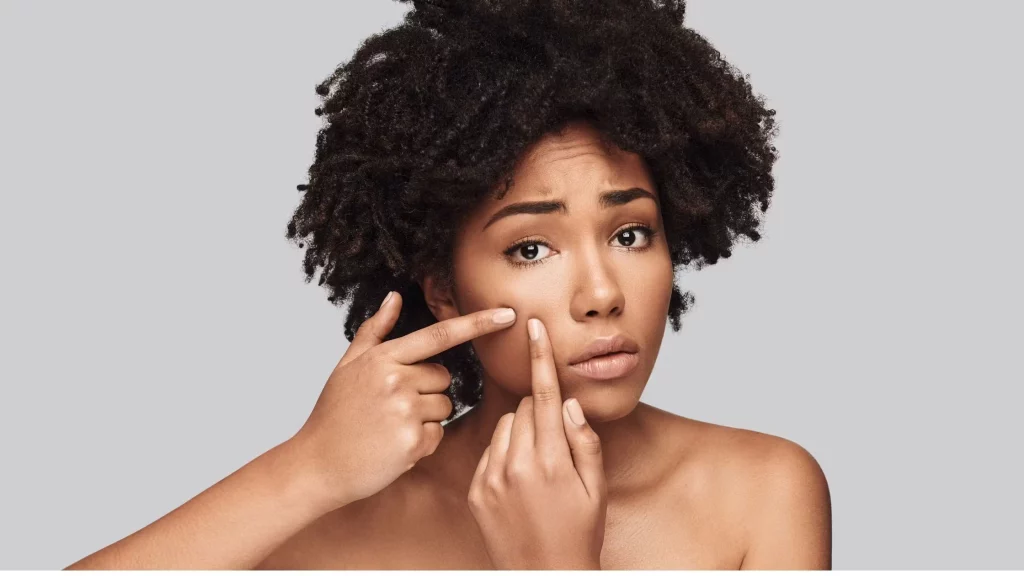
What Is Hormonal Acne?
Hormonal acne is exactly what it sounds like, which is acne connected to hormone fluctuations. It’s usually associated with hormone fluctuations in puberty, though it can affect adults throughout any age, especially in women.
Various factors contribute to hormonal acne, particularly menstruation, pregnancy, and menopause. There may also be underlying medical conditions that affect your hormone levels as well, thus causing acne.
During puberty, hormonal acne might appear around your forehead, nose, and/or chin. In hormonal adult acne, it usually forms on the lower area of your face, such as around your jawline or cheeks.
What Causes Hormonal Acne?
The symptoms of hormonal acne include seeing whiteheads, blackheads, cysts, nodules, papule, or pustules around your face. There may also be lesions on your face other parts of your body, such as the neck, back, chest, and shoulders.
The hormonal acne can be mild, moderate, or severe, with the intensity depending on various factors such as genetics, diet, environment, as well as the way you care for your skin.
Mainly, hormonal acne is usually caused by a flux of hormones due to things like:
Related: Birth Control Acne Improvement
• Menstruation
• Menopause
• Increased androgen levels
• Polycystic ovarian syndrome
When hormone levels fluctuate, it aggravates acne issues as it increases skin inflammation, oil/sebum production in your pores, clog skin cells around the hair follicles and even increases the production of acne-causing bacteria.
How to Treat Hormonal Acne
Hormonal acne IS treatable and can be prevented with the right tips and products. Here are some ways you can manage hormonal acne regardless of your age:
- Wash your face gently twice a day using mild soap or cleansers with warm water. Do NOT use any exfoliating or harsh scrubs
- Do not scrub or pick at your pimples, which causes inflammation and worsens your skin. Also, avoid using makeup and opt for water-based cosmetics marked as non-comedogenic
- Avoid environments that have high humidity, which causes a lot of sweating and can increase the risk of acne. Also, avoid too much direct sunlight and protect your skin with sunscreen and the right clothing
- There are over-the-counter treatments that help with acne, such as antibacterial skin cleansers or topical drugs containing Benzoyl peroxide
- You can also opt for natural remedies, such as using tea tree oil, green tea, aloe vera, honey, and oatmeal, as well as alpha-hydroxy acid but always ask your dermatologist before you try those
- If your hormonal acne is severe and lasts long despite taking care of it correctly, you may need to seek medical help. Your doctor will prescribe treatments and therapies to get rid of hormonal acne effectively
- Change up your diet and exercise, eating healthier food with more nutrition known to help with your overall skin health. Daily exercise can also improve your skin health, provided that you wash your face properly after a sweaty session!
Hormonal Acne Summary
Hormonal acne is irritating, but treatable with the right knowledge and tips. The timeline differs from person to person, but if you use the right treatments, it can take 8-10 weeks to lessen acne and prevent it from coming back.
If your hormonal acne persists and worsens, do talk with your doctor for a long-term treatment plan for better results.
We discuss products we think are useful to people. If you buy something through our links, we may earn a commission. Remember to check with your personal physician to see if a product recommended is right for you.


